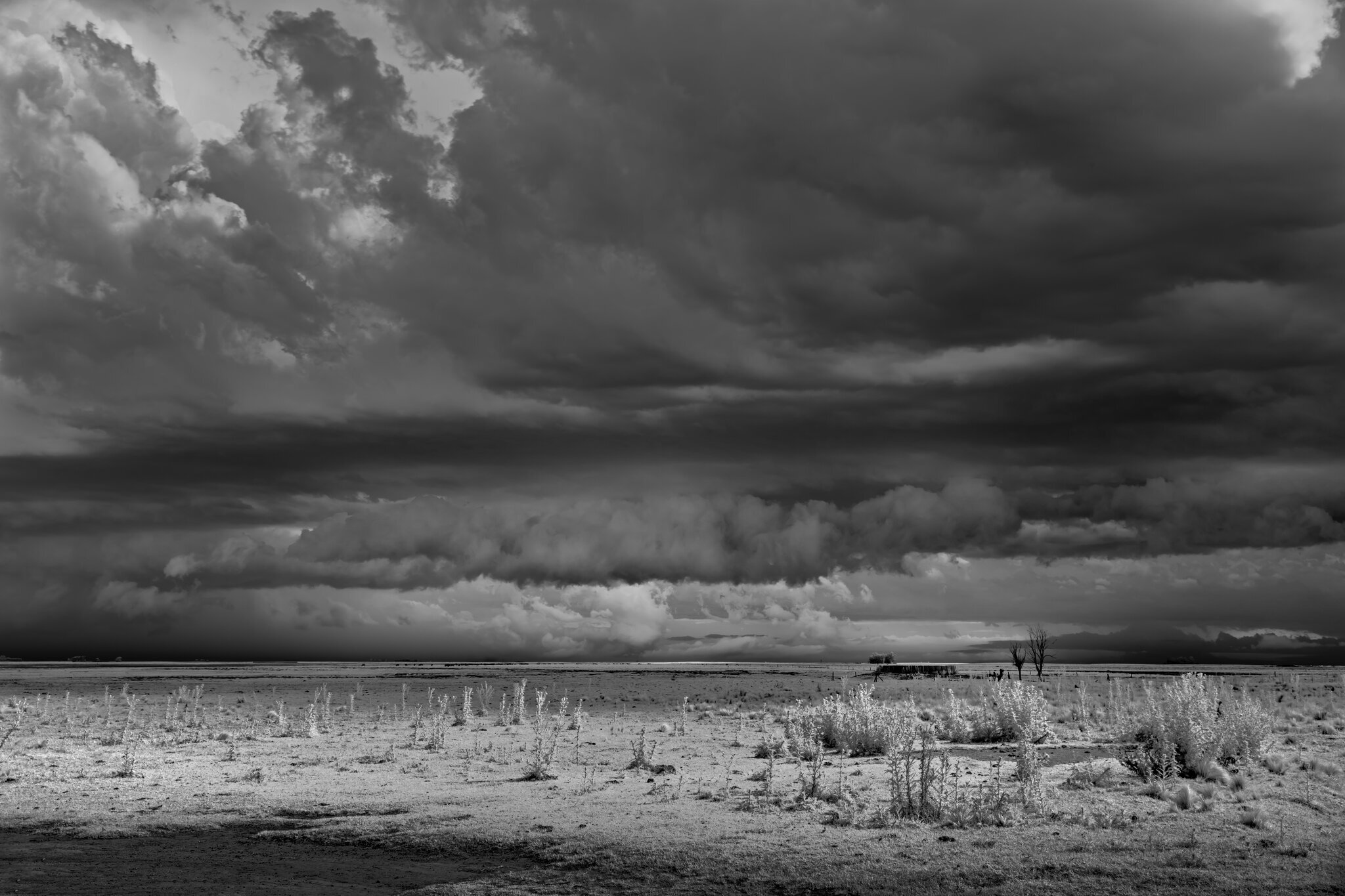Workshop IV (Fall 2021)
Crisis
Today we seem beset by crisis: crises of democracy, liberalism, and the rule of law; of political institutions and financial systems; crises of the university and of critique. If ours is a time of fires, floods, and plague, it is also a time in which the language of crisis is pervasive.
‘Crisis’ has its roots the Greek κρίσις, from the verb κρῑ́νω: to decide, to judge, to choose, and to measure oneself. Alongside this ancient political-juridical meaning, a medical crisis signified the inevitable and decisive turning point in a disease, for better or worse. Crisis also acquired theological connotations of apocalyptic expectation and the promise of salvation. These elements coalesced into a form of modern historical consciousness, one that posits history as a temporality into which we can act. A crisis, then, is a situation of danger and possibility, an opening to judgment and action, against which we will be measured and perhaps saved.
The dominance of crisis talk today poses certain problems. One is sheer ubiquity and its inflationary effect. Another is ambiguity: Is crisis an acute moment of threat and choice, or a persistent perilous condition? Rolling crises offer rich opportunities for capital accumulation, and to extend new modes of neoliberal governmentality. Crisis thinking can be generative or debilitating. It can cloud our judgment and rush us to precipitous action, or mire us in perpetual “crisis management.” How, then, do we think what we are doing in the face of crisis? How do we engage crisis as a structure for historical thinking, a demand for judgment, a spur to action, and a potentially dangerous seduction?
Arendt was supremely attentive to the crises of her own time, many of which remain ours—crises of the Republic; of statelessness, rightlessness and superfluousness; of truth and lying in politics; of alienation from the earth. Most manifestly, she considered the crisis of mid-twentieth-century totalitarianism. And she wondered whether “It may even be that the true predicaments of our time will assume their authentic form—though not necessarily their cruelest—only when totalitarianism has become a thing of the past” (The Origins of Totalitarianism, p.460).
The fourth workshop invites engagement with persistent crises of racial oppression, of expulsion and displacement, resurgent populism and political violence, as well as newer crises like militarized policing and mass incarceration, alongside the political-phenomenological dimensions of crisis, including temporality, judgement, and action.

